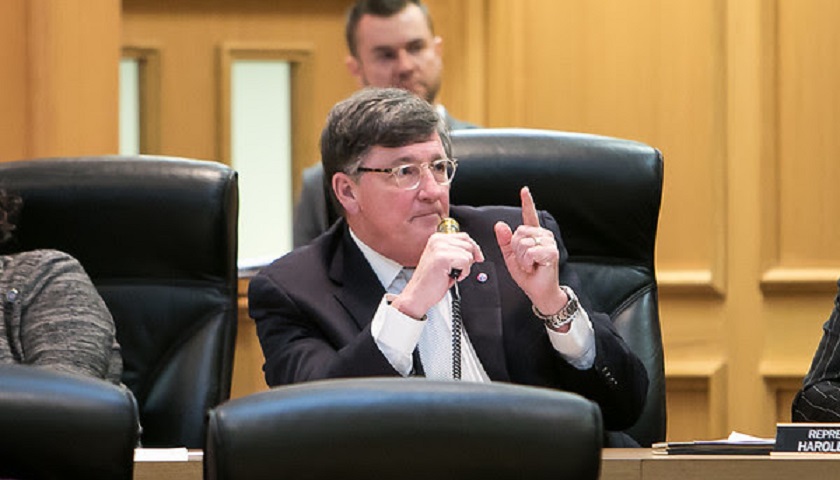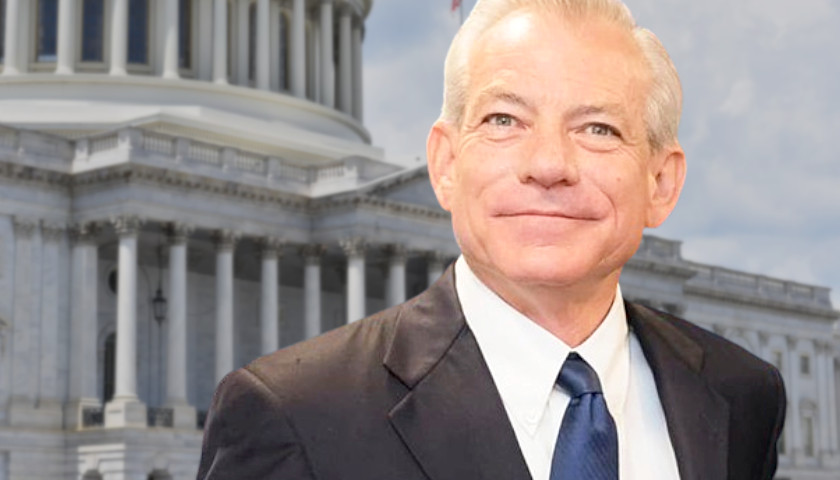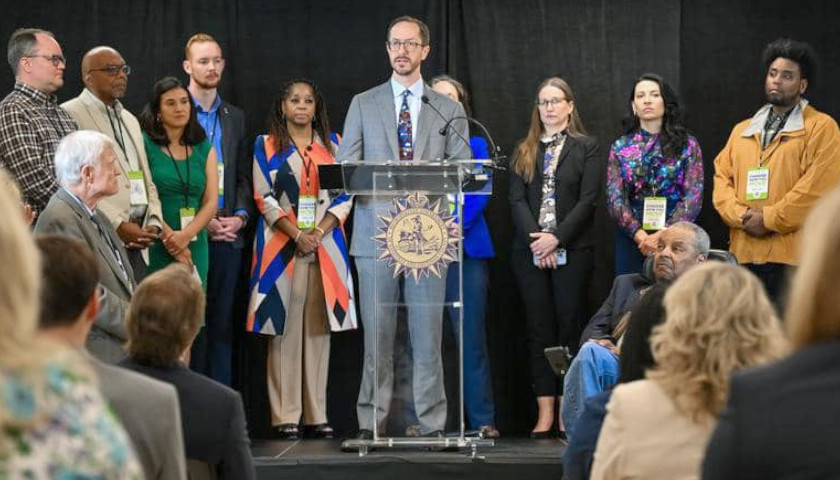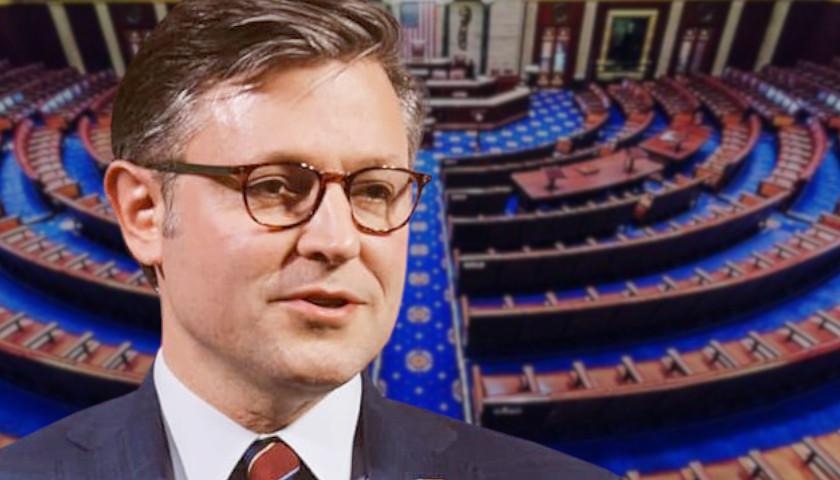House Minority Leader Craig Fitzhugh (D-Ripley) said Wednesday in both the Finance, Ways & Means Subcommittee and full Committee that he didn’t have the votes for the $250 million K-12 Block Grant Act, which was reportedly part of the deal Governor Haslam made to get needed support from the Democrats to pass his IMPROVE Act.
On the morning of the House floor vote which eventually approved the IMPROVE Act, there were rumors that the Governor would appropriate $250 million for an education plan and that the Democrats, despite their expected opposition to the gas tax increase, were going to vote for it. The deal appeared successful when 23 of 25 Democrats voted in favor of the IMPROVE Act.
The rumors of the quid pro quo deal were confirmed when the video of Leader Fitzhugh explaining the plan during an April 4 Education Administration & Planning Subcommittee meeting came to light.
The plan, called the K-12 Block Grant Act, would take $250 million from various sources, as Fitzhugh explained, and put it in an endowment type fund from which the interest would be drawn and allocated to school systems throughout the state for non-recurring expenses.
During the Finance, Ways & Means Subcommittee and Committee meetings Wednesday, Leader Fitzhugh requested recesses during both meetings, explaining that he didn’t have the votes, adding at one point “I’m throwing out lifelines at the moment, and I’m not having luck.”
The Finance, Ways & Means committee meetings on Wednesday were the last stop for appropriations approvals before heading to the House floor Thursday for the first of three votes on the Governor’s 2017-18 budget.
Following the recess during the full committee meeting, Fitzhugh first thanked the chairman and committee for the indulgence and then took a few minutes to explain the situation.
His plan looked to do a program similar to that of Tennessee Promise, “where a sum of money was put in a trust and the earnings from that was put to fund higher education and scholarships. So we got to thinking that in K-12 the same approach could be done.”
Providing further details of the financial arrangement, Fitzhugh said, “When you have an endowment like that you have to have a big hunk of money to make it worth it. So, we started with $500 million and we didn’t find quite enough to do that and dropped it down to $250 which was doable, but there was some budgetary problems with that. But, at the sum of $150 million, we had something that we thought could be done. And, as a result of that, we approached leadership, administration a lot of people and got some generally commitments that said if you do this, this, this, this and this, you know it sounds like a good idea to us. Well, we did this, this, this, and this. And somehow we probably have to retool this thing a little bit.”
Fitzhugh concluded by saying, “So under the political situation we’re in, it just doesn’t seem like we have the votes to move forward. And, so I will probably have another look and see if we have an opportunity to renew this on the floor, Mr. Chairman.”
Near the conclusion of the full committee meeting, Rep. Larry Miller (D-Memphis), asked some clarifying questions on the procedure for filing amendments during the House session scheduled to convene at 9 am Thursday.









[…] bill, originating in the House and rumored to be in exchange for Democratic votes in favor of the IMPROVE Act, used excess state revenues over-collected in fiscal years 2015-16 and 2016-17 in […]
[…] Tennessee Star […]
[…] of amendments to HB511, Democrat Rep. Craig Fitzhugh, the House Minority Leader, went to bat for a third time to secure a pot of recurring education money to be used at the discretion of local school […]